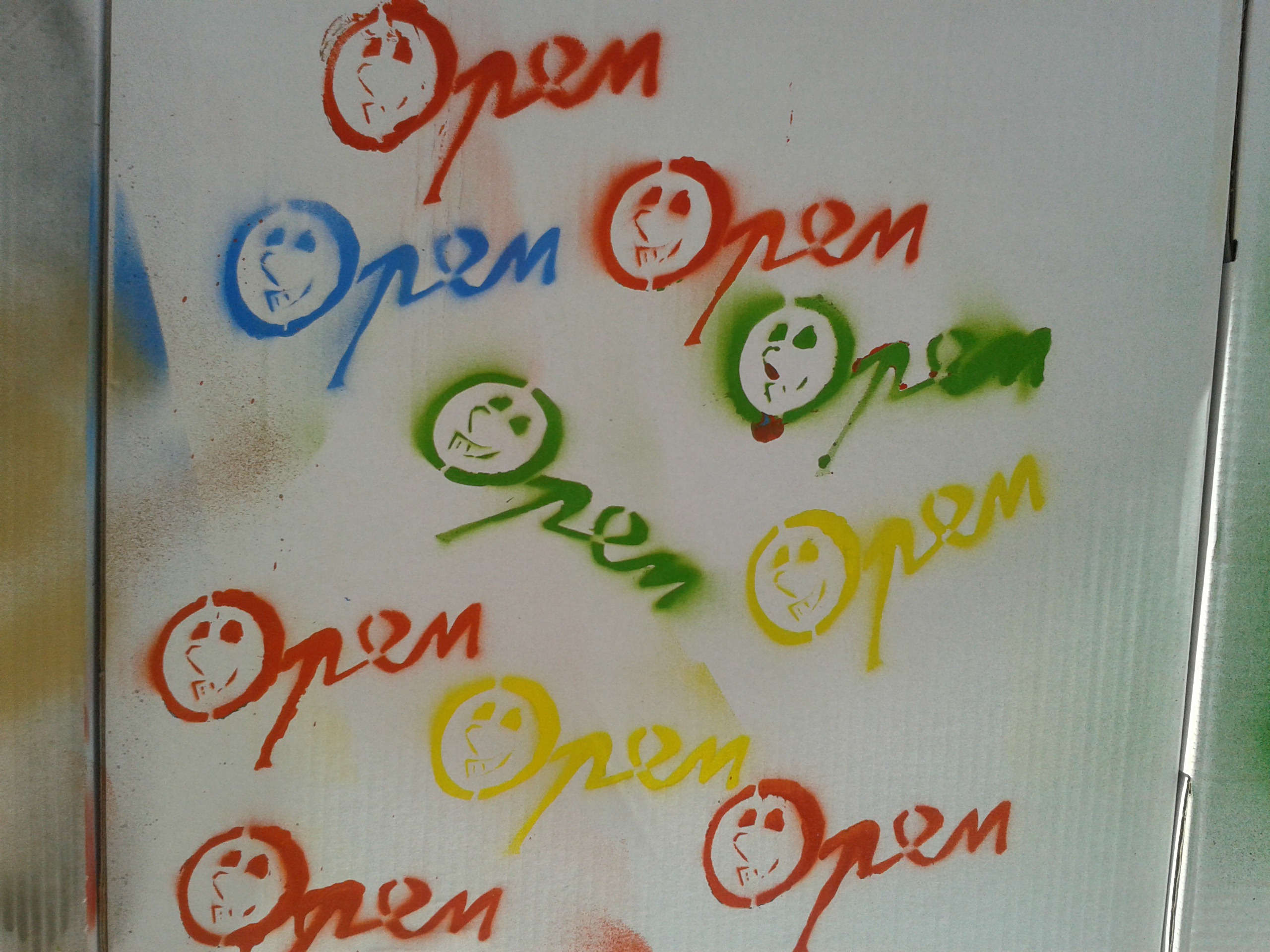The Open University has always offered free to use content to the public, as it is part of the OU Royal Charter to use “the advancement and dissemination of learning and knowledge … to promote the general wellbeing of the community”. In the early days of the OU this was done via BBC broadcasts of course related material, often late at night or early in the morning. With advances in technology, the broadcast material was later offered to students via video cassette then DVD format. As a result the broadcast content provided to the public by the OU in its long running partnership with the BBC changed emphasis to flagship programmes on all the BBC TV channels, including the digital channels BBC Three and Four, as well as BBC radio to reach the widest possible audience.

The University now ensures it provides about 5% of its course materials as free open education content via its OpenLearn website as well as other online sites. This is done as part of its commitment to access supporting both the OU’s social mission (raising public awareness of and easy access to life-long learning and informal learning), as well as its business mission (reputation and brand awareness, student registration and reuse of OU assets for formal learning).
OpenLearn, the OU’s home of free learning, was set up in 2006 as a 2 year experimental project to understand how the OU could operate in a more open manner and how this might benefit learners, educators and the university. The materials on the site are open and accessible to anyone with an internet connection. The site now has about 8,000 hours of study materials (increasing all the time) in 12 subject areas, including study units, educational interactives, topical videos, academic blogs, OU podcasts and free printed materials (available to order) some of which came from existing OU courses and some of which were specially commissioned. The site has received over 35.5 million visitors from 196 countries since it was launched and research is regularly carried out to find out who these learners are and their motivations for learning. In addition the OU has strong presence on both Youtube (over 1,400 videos) and iTunes U (3,103 tracks, 422 eBooks, 52 courses) and OU content is also syndicated to Bibblio, AudioBoom and Googleplay.
The high quality production values which the OU has always placed on its course production systems has been carried through into OpenLearn so that all materials published for free public use are of the same standard as those which its formal students experience. The University’s Virtual Learning Environment for students and OpenLearn both use Moodle and developments of this system by the OU are done for mutual benefit of both students and informal learners. Accessibility for students with disabilities, isolated or with financial challenges are prioritised in these systems, to ensure that the university uses appropriate technologies to break down barriers to learning.
In February 2015 the first access level OU Badged Open Courses (BOCs) were launched on OpenLearn to reward informal learners with digital badges for what they have learned on the site. Within 6 months over 1,000 badges had been issued as the courses proved extremely popular. The BOCs have resulted in formal student registrations which paid for the BOCs project within the first 4 months of the first BOCs going live.
In addition, the OU has built a sister site for OpenLearn, called OpenLearn Create, where anyone can create and share open educational resources and courses for free. The platform has tools for collaboration, reuse and remixing of open content and can host the courses which are built, providing a growing repository of externally and internally provided free material for anyone to use.
In future the OU course production systems will integrate the informal learning material production into the formal course production process from the start so that every formal OU course will use some material which is published openly on OpenLearn, effectively mainstreaming OER.
For more information about The Open University’s policy and mission for open educational practices see Open educational resources at the OU - what we do.
Image source: OpenLearn at The Open University
Originally published on 18 September 2015 - 11:46am by Patrina Law

